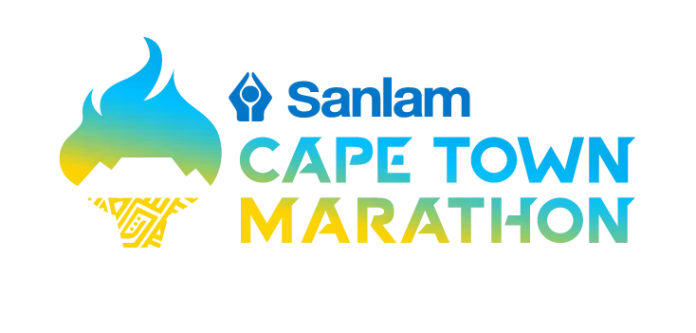As an avid, social runner who has two full 42,2km Soweto Marathon medals, with a finishing time that will remain classified information for eternity, I could not help but feel sorry for the Sanlam Cape Town Marathon runners after the annual race was cancelled a few hours before the start last Sunday morning.
Runners are still frothing at the mouth even to this day. With that kind anguish, rage was running through their veins, and the 24 000-strong army of entrants could have overran the Mother City down, so to speak.
The more the explanations came from the organisers, the more frustrated and irritated they became.
Severe winds and the risk to the safety of the runners were forwarded as the main excuse, but they were having none of that.
You have to understand their fury; they spent thousands of rands, only to be told a few minutes before the start that the opportunity to run the 2025 edition of the now iconic marathon had turned into a nightmare.
They had paid for flights, booked accommodation, spend massively on entertainment, beverages and nourishment – and we all know Cape Town is not on the same par as your Pampierstad or Mkhalazenke when it comes to costs.
Having done a number of races since 2015, I know and understand what it takes to prepare for a race – financially, mentally and physically – it is very taxing.
Having said that, I have also come to notice that runners can always be quick to complain.
They can be a bunch of moaners who, when even they are late, will cry about traffic on their way to the race; they will be nitpicking water points; they moan about the sewage in the streets. They would even whine about under-cooked or over-cooked potatoes in some ultra marathons; some even grumble that the salt was too salty during races.
In that spur of the moment, you have to admire the courage of the organisers for ma-king such a groundbreaking decision, as unpleasant as it was.
The decision, we are told, was taken after thorough consultations by the marathon safety officer, Eyethu Events, the joint operations committee, which consists of representatives from the race organisers, the City of Cape Town’s Disaster Risk Management and safety and security portfolios, as well as medical services and the South African Police Service.
This means that they risked everything, their reputation, passing stage two of their Abbott candidacy assessment to achieve a major’s status.
They couldn’t have cancelled the race just to spite the runners; they too had a lot to lose.
The saying goes that “hindsight is the best teacher”, meaning it is easier to learn from past events, as you have all the information available.
The wisdom gained from reflection allows for better decision-making in the future by providing clear lessons from past successes and failures.
The saying continues: “it (hindsight) can also be a cruel master if the lessons learnt lead only to regret, as the actions and decisions cannot be changed”.
When the medical tents, fencing and toilets were being blown all over the roads and at the starting zone, what was likely – “likely” being the operative word – to be the fate of mere water points tables and gazebos throughout the race?
One or two deaths would have been more disastrous and catastrophic than cancellation.
The biggest question that no one, from both the organisers and the frustrated runners, can answer is, could the cancellation have saved lives?
That we will never know, such is fate.
But what I know is that it averted a potential disaster and stopped scars that would have never healed.
The Cape Town Marathon planners can live with the clear conscience that no life was impacted in the midst of a storm.



